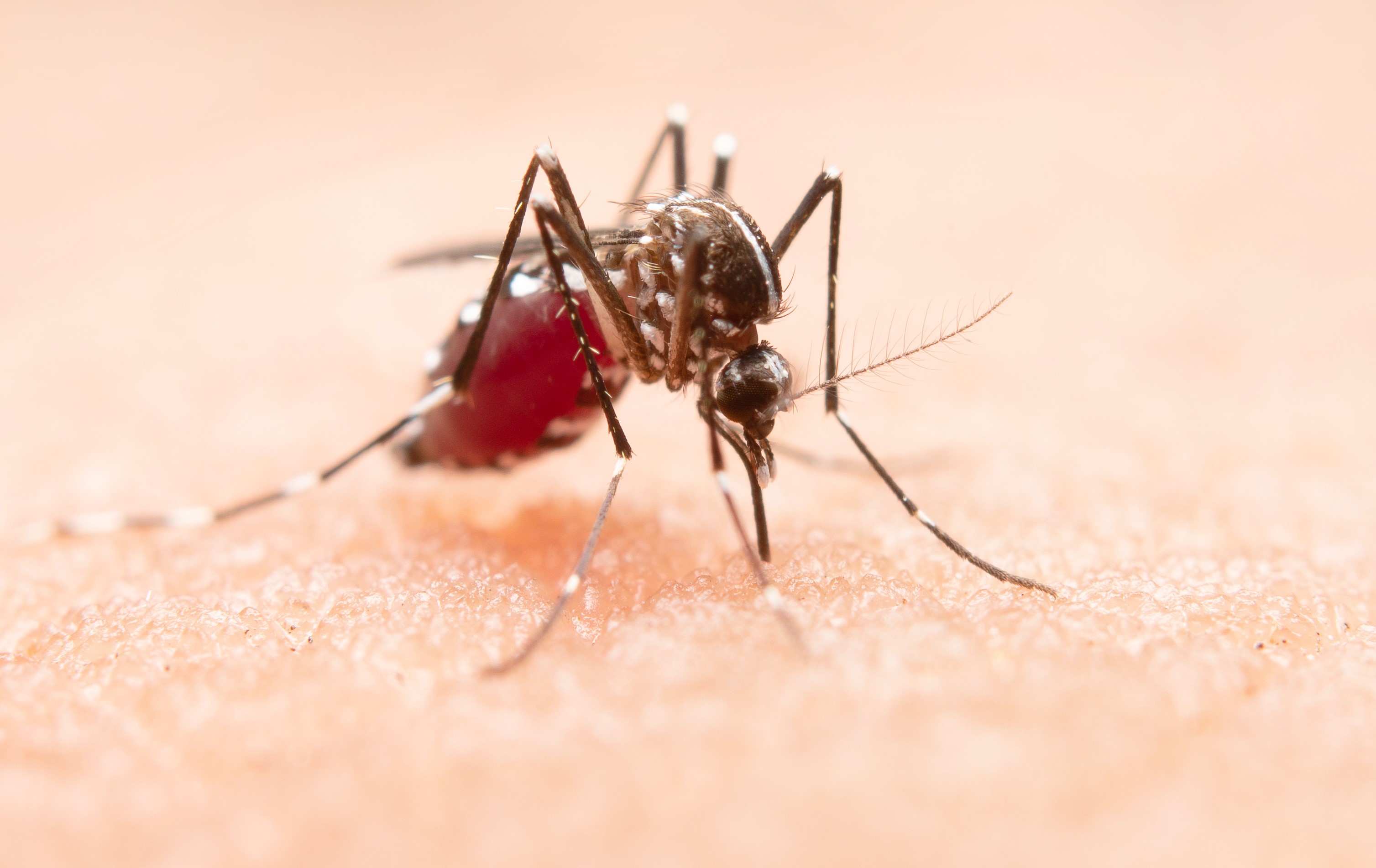 Mosquito Illustration
Mosquito IllustrationWorld Malaria Day, observed each year on April 25, stands as a powerful reminder of the global commitment to eliminate one of the world’s most persistent and deadly infectious diseases.
The day offers an opportunity to reflect on the progress made, acknowledge ongoing challenges, and renew momentum in the fight against malaria.
This year’s theme, “Malaria Ends With Us: Reinvest, Reimagine, Reignite,” calls for a revival of energy and ambition at all levels—from international policy frameworks to grassroots interventions.
The day also serves as a reminder of the threat malaria poses around the world and, more importantly, in the Sub-Saharan Africa region, which is more vulnerable and the urgent need to accelerate preventive and treatment measures while also improving the health infrastructure.
According to experts, Malaria continues to be a serious public health threat, particularly in regions such as Sub-Saharan Africa, where the disease takes a devastating toll on lives and economies.
The 2025 theme encourages not just words, but action—through increased investments in malaria programmes, innovation in strategy, and renewed community-driven initiatives aimed at eradication.
The World Health Organization (WHO) has underscored the importance of sustained commitment.
“In the 1960s, malaria was retreating – until the world hit pause. Global eradication efforts were abandoned in 1969, and millions of lives were lost. It took 30 years for the world to fight back against the deadly disease. Let’s not let history repeat itself,” the World Health Organisation (WHO) stated.
The health agency, however, noted the global community recommitted to malaria in the late 1990s and, as a result, an estimated 2.2 billion cases and 12.7 million deaths have been prevented over more than two decades.
“But after years of steady declines, progress has stalled. Today, malaria claims an estimated 1 life every minute, with most deaths occurring in the WHO African Region,” they said.
WHO called for renewed commitment and accelerated progress by the international community to defeat the deadly disease by reinvesting in proven interventions, reimagining strategies to overcome current obstacles, and reigniting collective efforts.
Malaria is a potentially life-threatening infectious disease caused by parasites of the Plasmodium genus.
It is transmitted to humans through the bite of infected female Anopheles mosquitoes.
Once transmitted to humans, the parasites travel to the liver, where they undergo maturation and multiplication.
They then enter the bloodstream, infecting red blood cells and causing the characteristic symptoms of malaria.
These symptoms typically include fever, chills, sweats, headache, muscle aches, and fatigue.
In severe cases, malaria can lead to complications such as severe anaemia, which can be fatal if not promptly treated.
The disease remains one of the major causes of death, especially in developing countries, including Kenya.
In Kenya, Malaria remains a major cause of illness and death, especially in regions with high transmission, such as western Kenya, Nyanza, parts of the Coast, and around Lake Victoria.
According to the WHO’s 2021 report, malaria was ranked the seventh leading cause of disease-related deaths among women in Kenya, accounting for 21 fatalities per 100,000 people, and eighth among men, with 23 deaths per 100,000.
While Kenya has made strides in malaria control through expanded use of mosquito nets, insecticide spraying, better diagnosis, and treatment, the burden is still high, particularly among rural and low-income communities.
The country must continue to prioritise malaria within its national health strategy, not just as a medical issue, but also as a socio-economic concern.
Preventing malaria primarily involves avoiding mosquito bites and taking preventive medications if you're travelling to areas where malaria is prevalent.
Effective ways towards prevention include wearing protective clothing, sleeping under mosquito nets, staying in air-conditioned or screened accommodations, reducing mosquito breeding sites, taking antimalarial medications and staying informed on the locations most susceptible.
The Ministry of Health has been actively engaged in combating the disease through launching awareness campaigns, allocation of resources, working closely with partners such as the Global Fund and WHO on exploring ways to combat the disease, developing guidelines on prevention and treatment measures, and expanding the malaria vaccine program.
World Malaria Day 2025 highlights the progress made and the challenges that persist in the fight against the disease.
For Kenya, the path forward will require sustained allocation of resources, political commitment and community engagement to build a malaria-free future.









